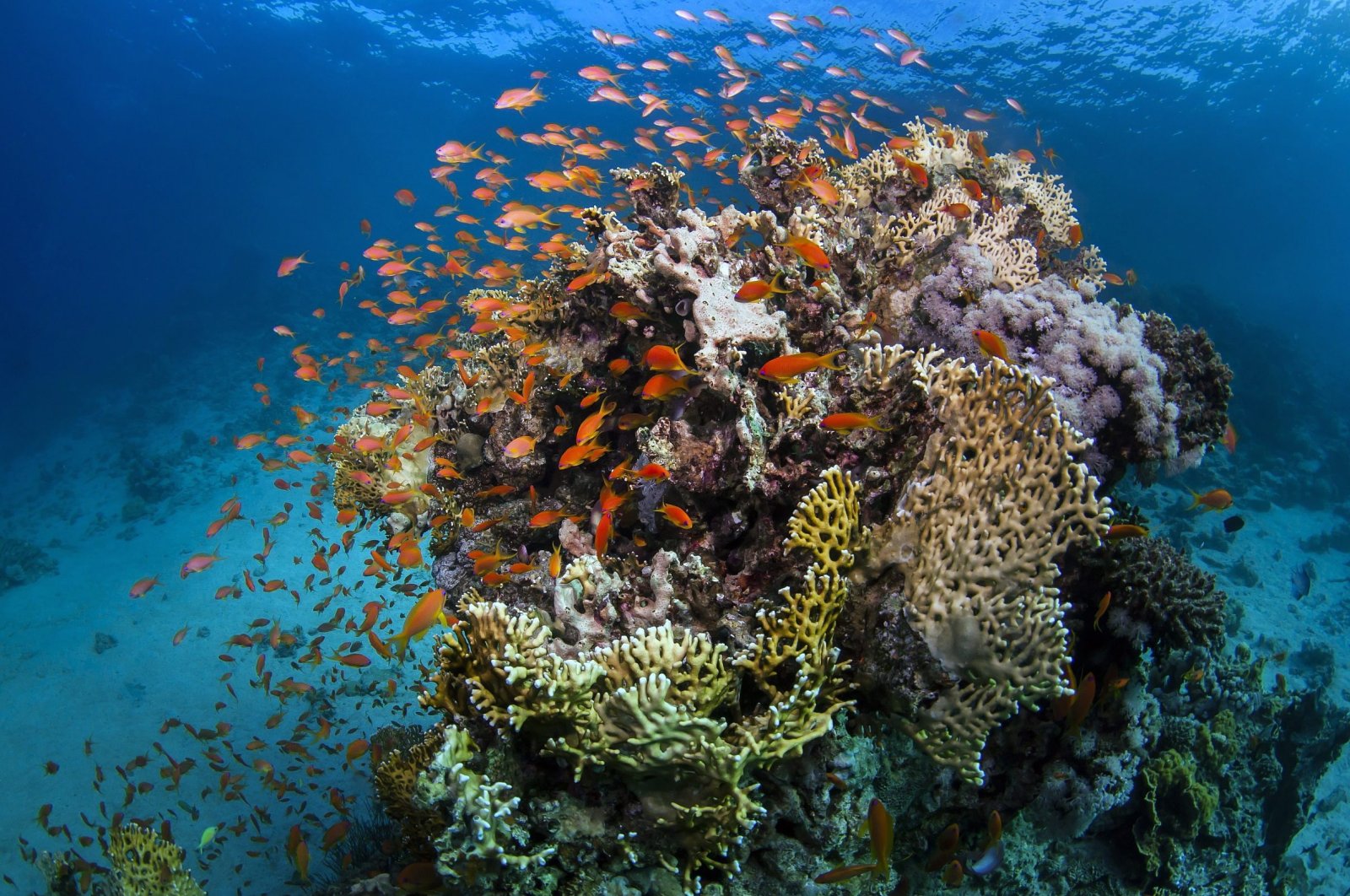
Australia's Great Barrier Reef is no longer classified as being in "great danger," but it still remains under a "serious threat," according to a U.N. body.
Citing recent Australian efforts to preserve the world's biggest coral reef, UNESCO just reversed a call made in late 2022 to put the 2,300-kilometer (1,429.15-mile) stretch on its list of endangered locations.
Australian Prime Minister Anthony Albanese welcomed the latest UNESCO announcement, which he said was a "draft decision."
"This confirms my government is working hard to protect the reef, is acting on climate change, and that the rest of the world has taken notice," Albanese said.
However, the premier warned that the UNESCO U-turn "doesn't mean the reef is in the clear."
"We need to protect our land, our water, and our species that call them home," he added.
The reef lies between 15 and 150 kilometers off Australia's east coast and is over 60 kilometers wide in some places.
Described by UNESCO as a "site of remarkable variety and beauty," the reef features about 400 types of coral, around 1,500 species of fish and 4,000 mollusk types.
One of the world's best-known tourist draws, the reef is popular with snorkellers and scuba divers, attracting around 2 million visitors a year.
The Australian government has described the reef as offering "unique, high-standard and world-class tourism experiences."
Canberra has at the same time conceded that "declines in reef health through climate change impacts, cyclones, and associated media coverage, have significantly impacted tourism visitation."
